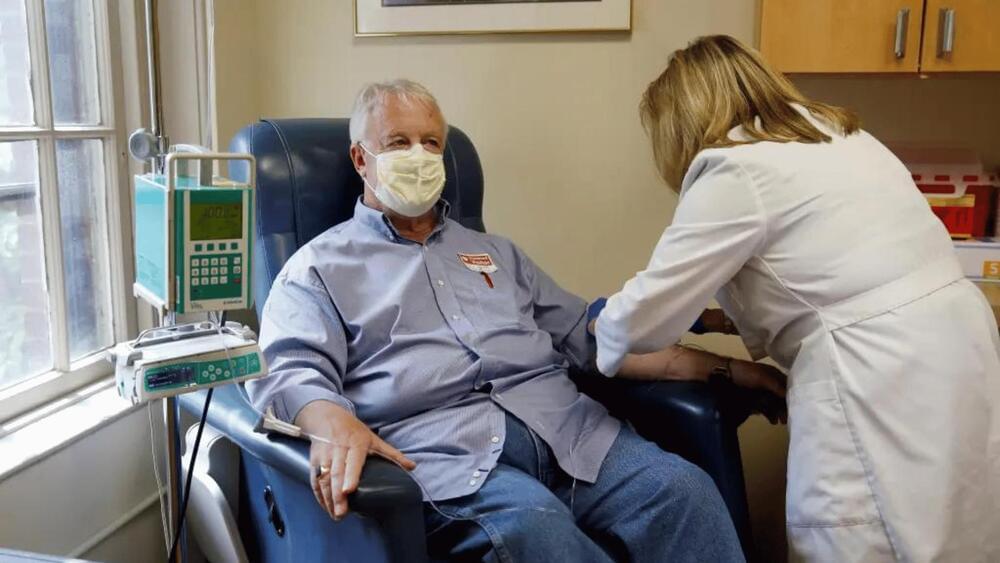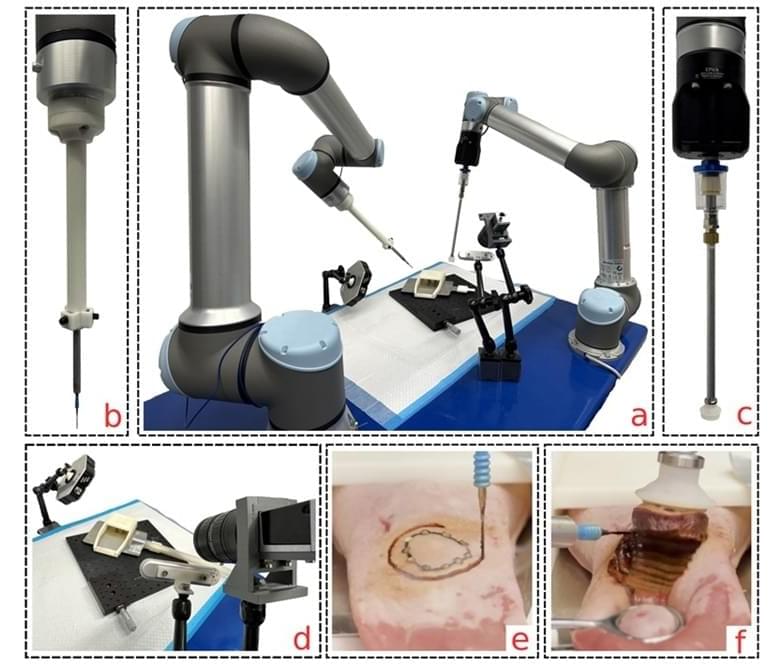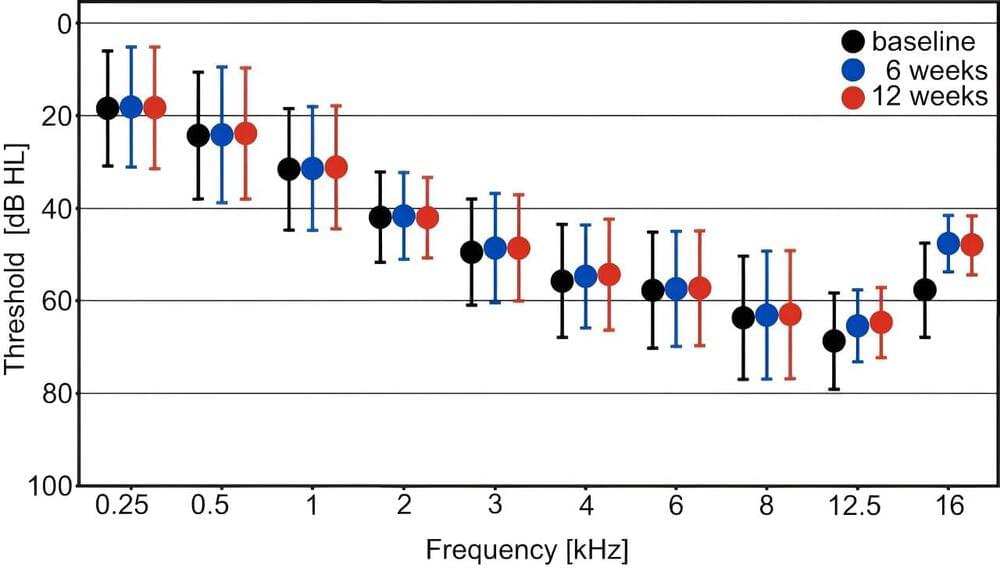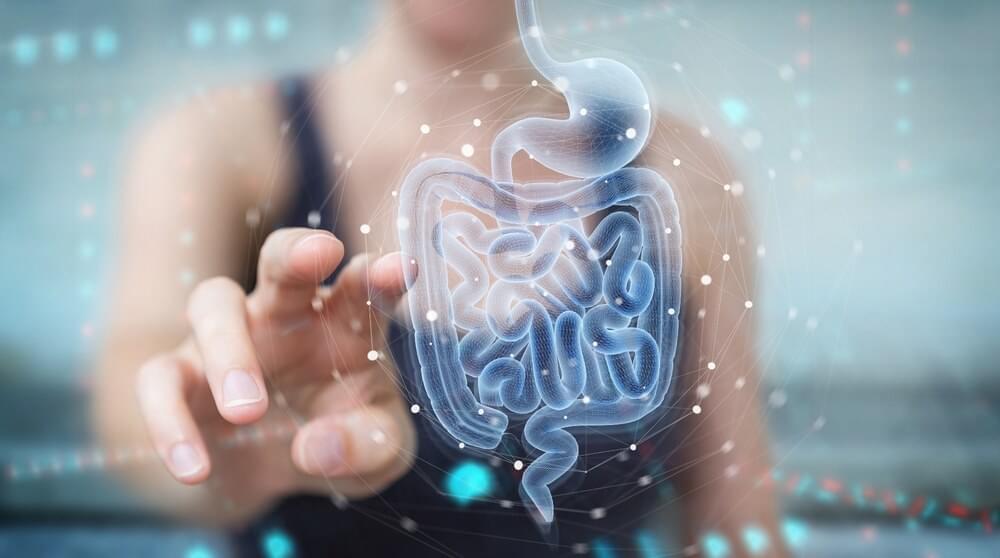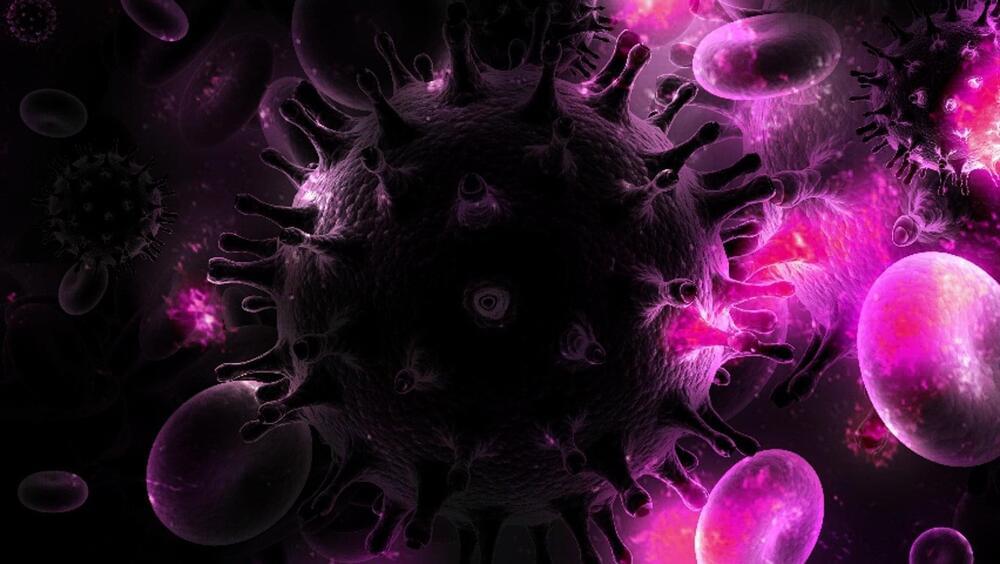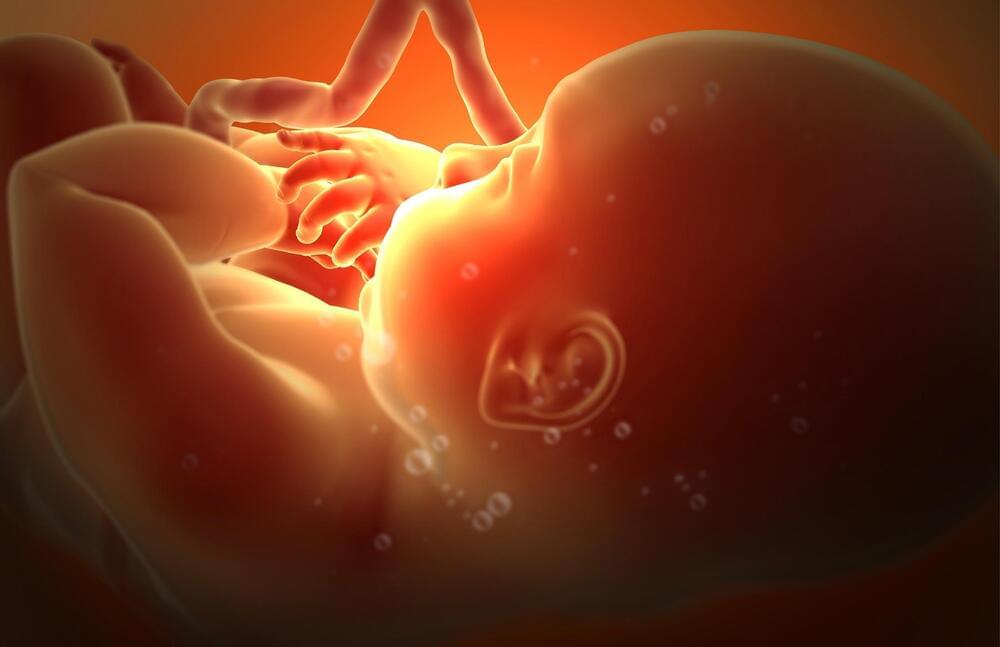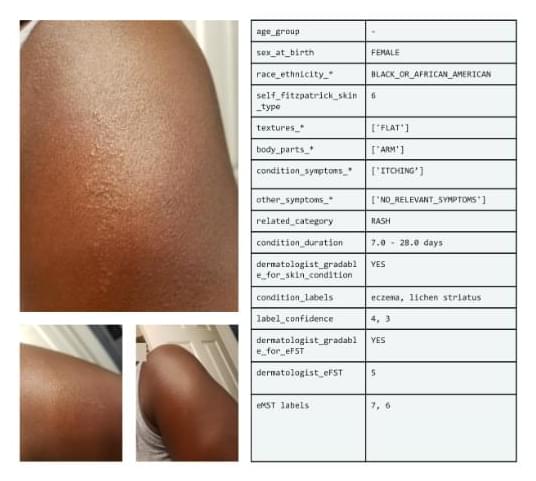
Essential tremor is a movement disorder that causes involuntary, rhythmic shaking (tremor), especially in the hands. It is distinguished from tremor that results from other disorders or known causes, such as Parkinson’s disease or head trauma. Essential tremor usually occurs alone, without other neurological signs or symptoms. However, some experts think that essential tremor can include additional features, such as mild balance problems.
Essential tremor usually occurs with movements and can occur during many different types of activities, such as eating, drinking, or writing. Essential tremor can also occur when the muscles are opposing gravity, such as when the hands are extended. It is usually not evident at rest.
In addition to the hands and arms, muscles of the trunk, face, head, and neck may also exhibit tremor in this disorder; the legs and feet are less often involved. Head tremor may appear as a “yes-yes” or “no-no” movement while the affected individual is seated or standing. In some people with essential tremor, the tremor may affect the voice (vocal tremor).
